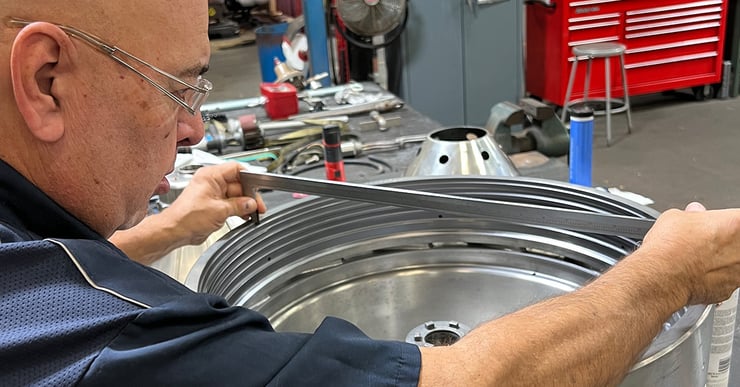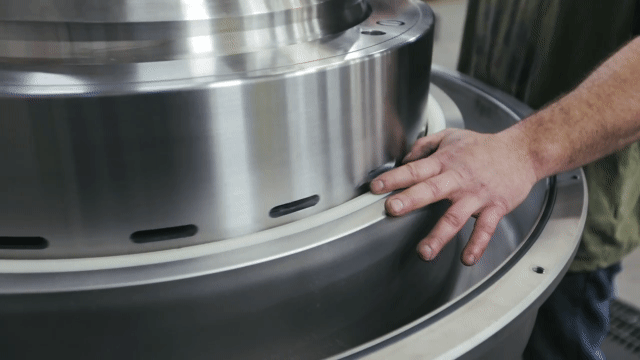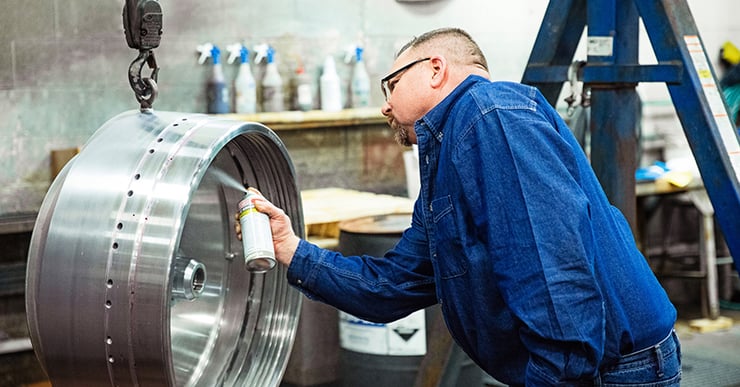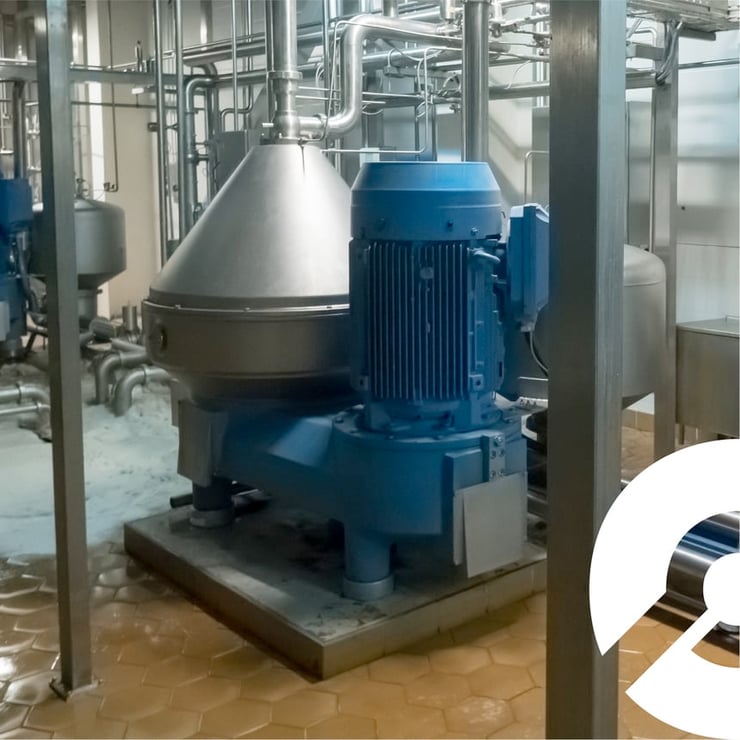Search Separators
Kevin Burns Tells All: Getting an MSD300 Dairy Centrifuge Online in 24 Hours
Recently, a large dairy plant experienced the nightmare scenario of a catastrophic failure when the bowl cracked on one of their plant’s MSD300 centrifuges.
24/7 Centrifuge Support: It's What We Do
What was the longest wait time you've been given when facing an equipment emergency?
We often hear about plants waiting more than a week to get a technician out to address an issue — and sometimes, the issue has put the plant at a standstill (or, at best, a significantly decreased production volume).
That's why we make it a priority to provide fast, quality service to our customers with our drop-of-a-hat centrifuge repair.
Manufacturing Internships: Spend the Summer With Separators
Providing internship opportunities allows established companies to give back to the next generation while benefiting from fresh perspectives. This summer, Separators brought on two talented interns who elevated our digital marketing and engineering capabilities.
Fast, Easy Centrifuge Repair at Our Indianapolis Shop
While minor and major service visits can help keep your centrifuge in good working condition, wear and tear will require you to send in your bowl and other essential components for more extensive service over time.
2024 Dairy Industry Trends To Watch
So far, 2023 has proven to be full of supply fluctuations, innovation, and a focus on sustainability. And 2024 already looks to be shaping up to be an interesting year, with an increased pressure on companies to innovate and expand product offerings.
As we look ahead to future change, here are the top four trends we can expect to see from top dairy companies in the year ahead.
How to Balance a Centrifuge (And Why It’s Important!)
Centrifuges are massive, powerful machines. While these machines operate in a simple, consistent manner, the moment a centrifuge bowl becomes unbalanced, the centrifuge quickly becomes one of the most dangerous pieces of equipment on your production floor.
Top 10 Dairy Companies To Watch in 2024
The dairy industry is in constant churn. As consumer tastes change and the market evolves, only the most innovative companies survive. At Separators Inc., we're at the forefront of this fast-paced world, partnering with dairy plants nationwide. This gives us a unique view of the trends shaping the future.
How Does a Centrifuge Work? Everything You Need to Know.
From eating syrup on your pancakes to wearing a silver necklace, you have benefitted from industrial centrifuges far more often than you probably realize. Yet, despite a centrifuge’s integral role in our society, many people have never heard of this vital piece of equipment.
Let’s Talk About the Separators’ Repair Warranty
Looking to buy a centrifuge or parts? Then let’s talk about the obvious: if you’re spending a large chunk of your budget on equipment, you’ll want to make sure that it’s going to work (without any surprises).
3 Signs You Need to Repair or Replace a Centrifuge Pump
While they remain stationary, centrifugal pumps are one of the most critical parts of your centrifuge. So when they stop working as they should, it’s important to swap them out as soon as possible.


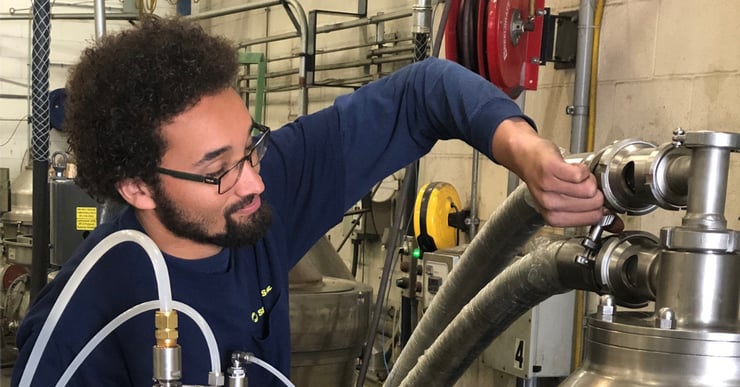
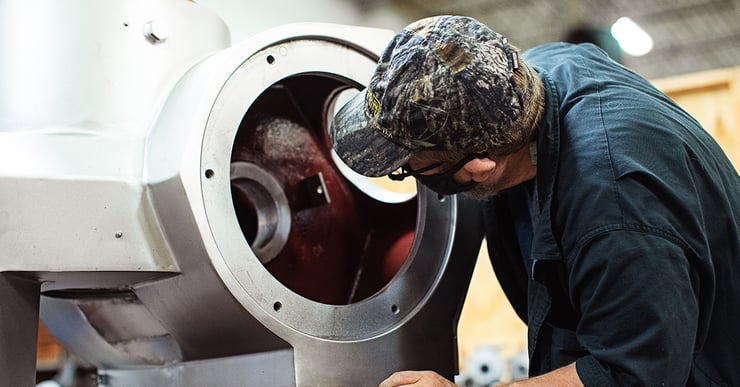
.jpg?width=740&height=387&name=SEP-ROPS---4-Image-(Rectangle-1200x628).jpg)
